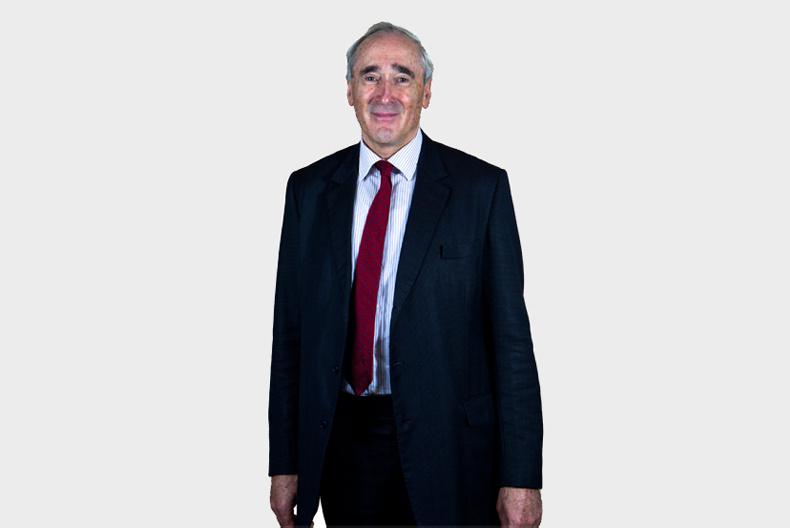What has happened the public perception of farming? Despite the acknowledged high quality and safety of European food, the weekend discussions and conclusions of the Citizens’ Assembly left little room for doubt that Irish farming should be penalised by way of restrictions on growth and penalties on output. There seemed little cognisance taken of either international competitiveness, in other words the carbon footprint of Irish production versus the carbon footprint of animal production elsewhere. In both beef and particularly milk, Ireland emerges as an exceptionally suitable location for animal production in terms of greenhouse gas emissions.
Similarly, there was little discussion on what is meant to happen to the large swathes of land occupied by communities specialising in suckler production. The glib answer is to plant it in trees but this is not a solution for either the human population or in many cases, it does not suit the land quality. But what was astonishing at the Assembly was the absence of any real analysis of the potential for technology to reduce emissions apart from the paper by Teagasc’s Gary Lanigan which received little publicity.
Instead, the key conclusion was let’s tax and limit farming. But it’s not just in Ireland that farming is on the receiving end of public opprobrium. The refusal of policymakers to be guided by science rather than by NGO stridency is striking and difficult to explain. So what needs to be done? The Irish organisation Agri Aware was set up specifically to counter public misconceptions about agriculture. The organisation has been effective and professional but has its effect been mainly at school level rather than in the cut and thrust of political reality? In Europe, it is clear following discussions in the European Parliament that the environment committee has a significant anti-farming and anti-science bias. Nobody can object to a real consciousness of the necessity of environmental sustainability of national policies including those in agriculture but where we are seeing a sector’s livelihood being put at risk because of stridently articulated but erroneous policies, it is time to take stock. The logical place for some serious thinking to be done is in Copa Cogeca, the representative body of EU farm organisations of which of course the IFA is the Irish member.
What has happened the public perception of farming? Despite the acknowledged high quality and safety of European food, the weekend discussions and conclusions of the Citizens’ Assembly left little room for doubt that Irish farming should be penalised by way of restrictions on growth and penalties on output. There seemed little cognisance taken of either international competitiveness, in other words the carbon footprint of Irish production versus the carbon footprint of animal production elsewhere. In both beef and particularly milk, Ireland emerges as an exceptionally suitable location for animal production in terms of greenhouse gas emissions.
Similarly, there was little discussion on what is meant to happen to the large swathes of land occupied by communities specialising in suckler production. The glib answer is to plant it in trees but this is not a solution for either the human population or in many cases, it does not suit the land quality. But what was astonishing at the Assembly was the absence of any real analysis of the potential for technology to reduce emissions apart from the paper by Teagasc’s Gary Lanigan which received little publicity.
Instead, the key conclusion was let’s tax and limit farming. But it’s not just in Ireland that farming is on the receiving end of public opprobrium. The refusal of policymakers to be guided by science rather than by NGO stridency is striking and difficult to explain. So what needs to be done? The Irish organisation Agri Aware was set up specifically to counter public misconceptions about agriculture. The organisation has been effective and professional but has its effect been mainly at school level rather than in the cut and thrust of political reality? In Europe, it is clear following discussions in the European Parliament that the environment committee has a significant anti-farming and anti-science bias. Nobody can object to a real consciousness of the necessity of environmental sustainability of national policies including those in agriculture but where we are seeing a sector’s livelihood being put at risk because of stridently articulated but erroneous policies, it is time to take stock. The logical place for some serious thinking to be done is in Copa Cogeca, the representative body of EU farm organisations of which of course the IFA is the Irish member.






 This is a subscriber-only article
This is a subscriber-only article










SHARING OPTIONS: